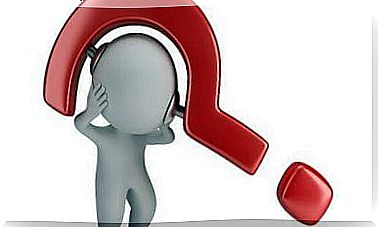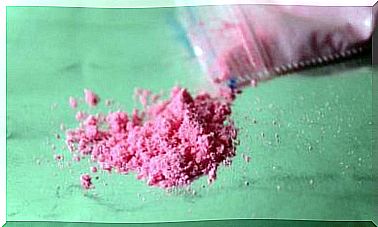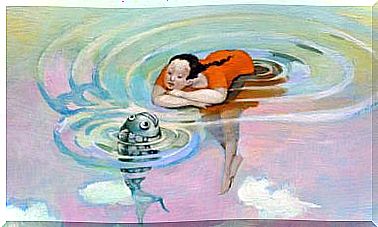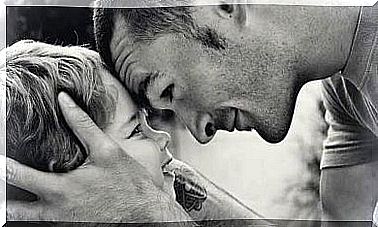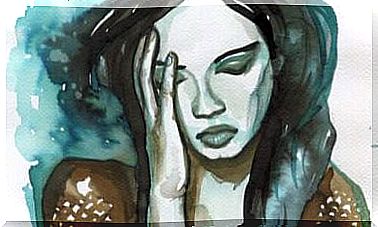Hydrophobia, Or The Fear Of Water
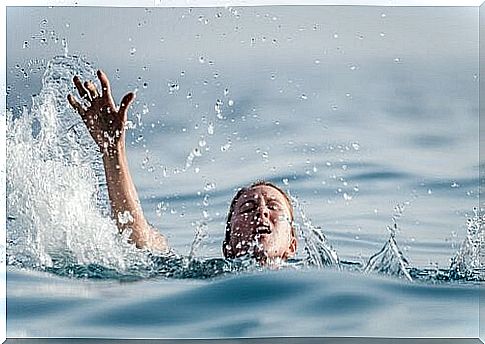
Water is one of the most essential elements for the life of living beings. Thus, not coming into contact with it on a regular basis is complex, becoming a problem for people who are hydrophobic.
Hydrophobia or fear of water is defined as the handicap that humans can experience when they first come into contact with the aquatic environment. During the early stages of exploration, discovery and adaptation, these people develop reluctant behavior towards water (Saquicela & Jacinto, 2010).
Hydrophobia, or water phobia, is a psychological disorder characterized by an irrational, excessive and unwarranted fear of water.
Symptoms of hydrophobia
Physical symptoms :
- Increased heart rate
- Increased respiratory rate
- Hyperventilation or a feeling of suffocation
- Generalized muscle tension
- Excessive sweating and / or cold sweats
- Upset stomach and / or headache
- Sensation of unreality or depersonalization
- Pupillary dilation
- Dizziness, nausea and vomiting

Cognitive symptoms :
The physical symptoms reinforce the cognitive symptoms, causing negative thoughts when the person is near water. In addition, these negative thoughts produce and fuel doubts about the ability of the hydrophobic person to cope with water.
Behavioral symptoms
- To avoid. The person at all costs avoids contact with water, which contributes to the increase of fear and prevents its overcoming.
- Escape. When the person has failed to avoid contact with water, they will try to get out of it as quickly as possible.
The causes of hydrophobia
According to Calamnia (1993), the causes of hydrophobia can be grouped into two blocks :
- Education in fear of the aquatic environment. The adult transmits his own fear, so that the child integrates it into his body before having experienced the fear in the first person. This is the most common form.
- Bad past experiences or stressful situations such as induced immersions.
According to Zubiaur and Gutiérrez (2003), the hydrophobia of motor behavior can be due to several factors:
– Fears of psychological threats:
- Fear of failure. It is one of the most general causes in children and it increases with age. Perhaps it is because you are not confident in your abilities or fear the consequences of failure.
- Fear of being evaluated negatively.
- Fear of social ridicule. This has a great influence on adolescence and in many cases can last into adulthood.
- Fear of competition.
– Fear of physical insecurity:
Beginners have to deal with unusual movements, often in unusual surroundings, or unusual movements which can cause loss of spatial orientation or balance and can be frightening.
If we add to this the novelty of the situation, the insecurity of the results and the importance of success, the feeling of fear during and perhaps after the execution can become very intense.
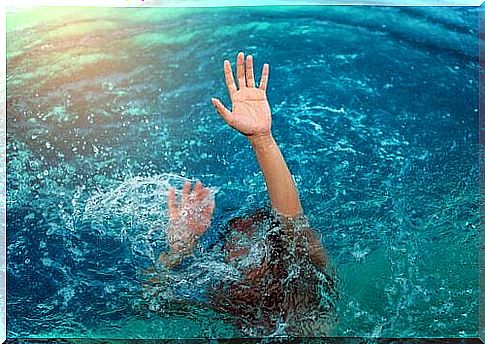
How to treat hydrophobia?
Exposure therapy, as with almost all phobias, is usually the most common treatment used to treat hydrophobia. Exposure can be of two types: in vivo or virtual (the latter thanks to the arrival of new technologies). In all cases, the person is exposed to the environment which inspires him fear and learns to “unlearn his fear” of water gradually, moving from situations which produce more fear to those which produce less.
In combination with exposure therapy, doctors often prescribe certain medications that can help phobics relearn how to respond to fears. SSRIs or selective serotonin reuptake inhibitors can reduce anxiety and panic attacks. Remember that drugs do not have long term effects and can cause withdrawal symptoms. Therefore, care should be taken to avoid their long-term use.
Stress reduction techniques such as relaxation, yoga and meditation are also used. Also, more and more techniques are used to find mindfulness : mindfulness and focusing .



